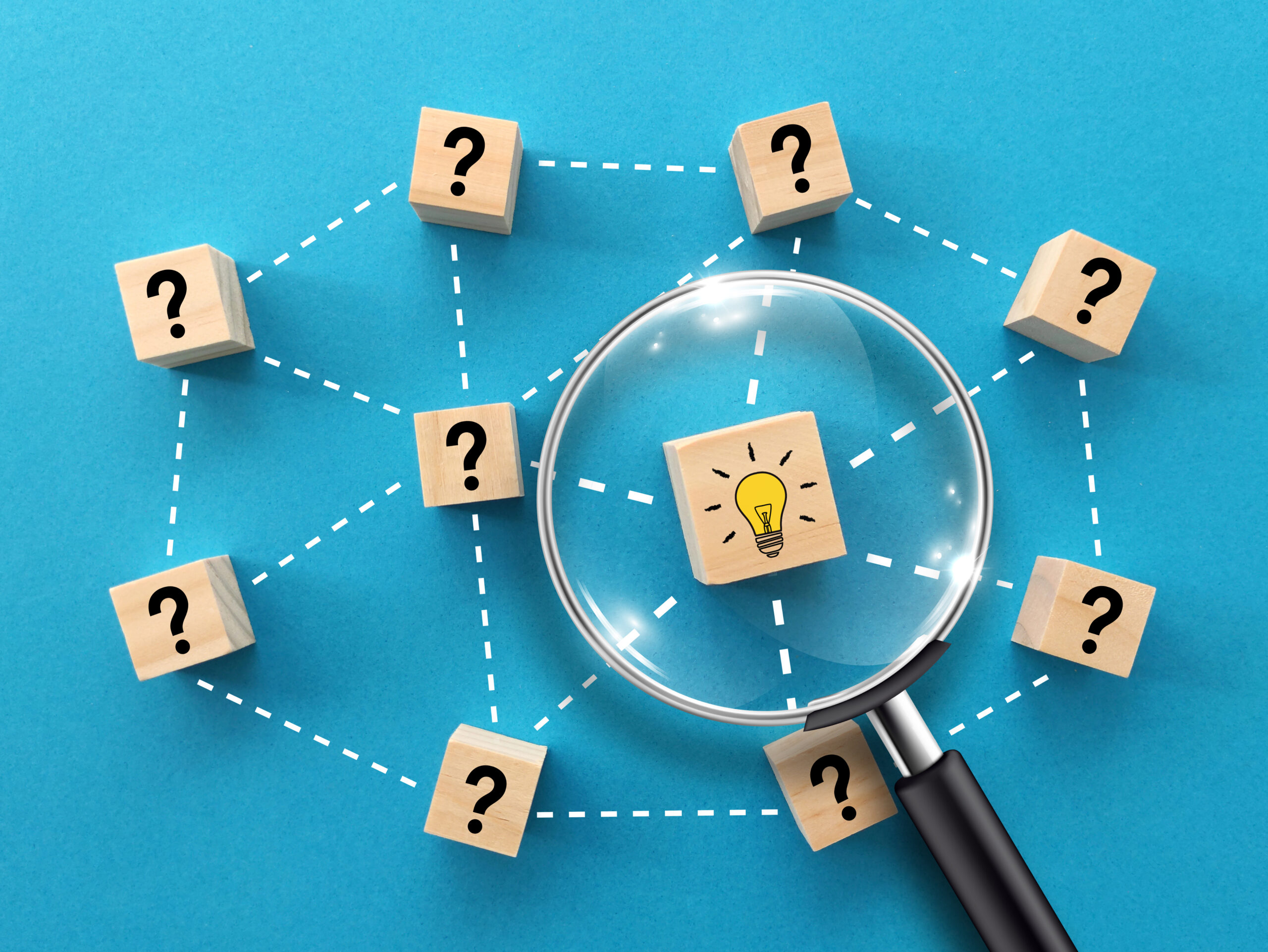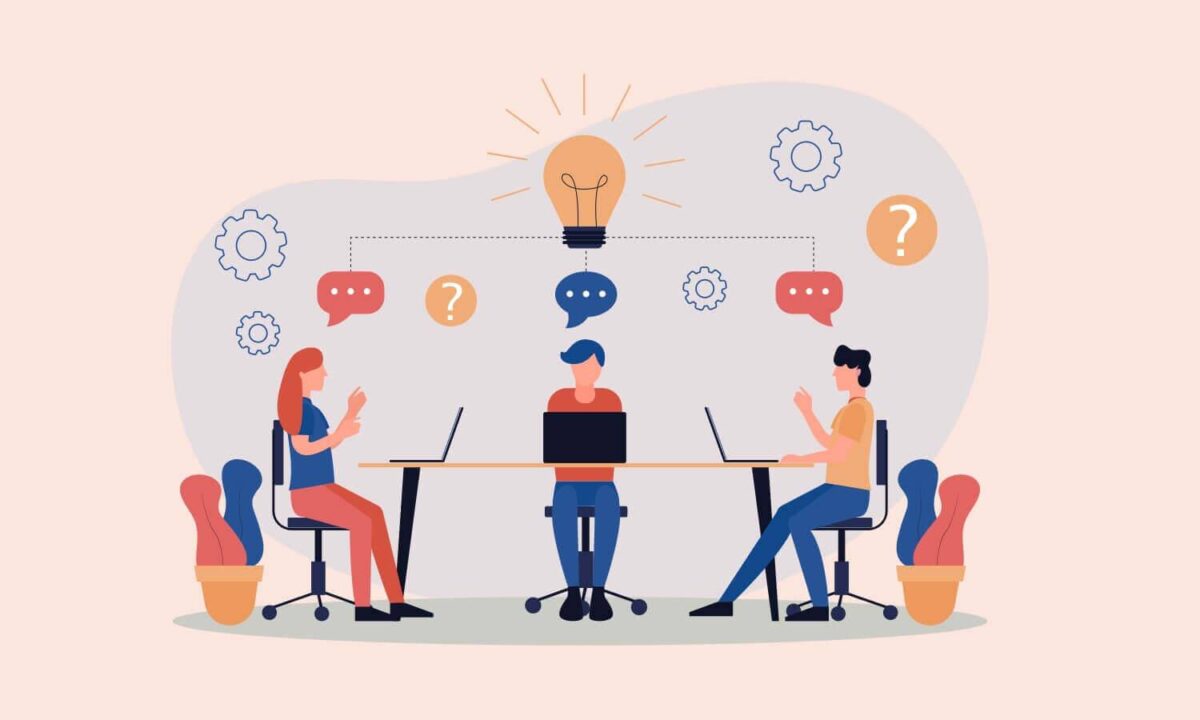The coronavirus, known as Covid-19, has rapidly spread and is cause for concern for everyone all over the world. This novel virus is a reminder of what happens when a highly infectious disease suddenly emerges, changing all aspects of life.
Medical professionals and businesses in multiple industries are learning how to use technology and innovation strategies during this pandemic to curtail the spread of such diseases. This will also equip governments with the information and products necessary to more effectively handle public health emergencies more.
According to a recent Forbes article, the Coronavirus will stimulate innovation strategy by sparking a wave of innovation that is proportionate to how the pandemic shapes society. This is based on historical evidence of how other public health crises have affected the economy as well as the human spirit. For example, during the Boston Small Pox Epidemic in 1721, half of Boston’s population of 11,000 was infected and 850 died. But from this epidemic came the idea of vaccination.
Existing Innovations
Numerous existing innovations are already being used to help fight Covid-19. The internet plays an important role in how information is dispersed and the number of people who receive it.
It’s easy to connect to the internet from virtually anywhere. Whether you’re using a laptop, smartphone, or other device, chances are you see the latest news long before it is televised.
Access to this wealth of data helps officials track how fast the disease is spreading. This provides vulnerable populations with vital information when they need it most.
Facebook generates maps that display demographics, population density, and travel patterns of people. This tells researchers where supplies should be sent and also helps with outbreak mitigation.
Google, Facebook, and Twitter are working hard to identify misinformation about the virus and quickly eliminate it. They are directing users to reliable sources which include the Centers for Disease Control and Prevention (CDC) and World Health Organization (WHO.)
The first diagnostic test for Covid-19 was released soon after it was first publicly announced.
Artificial intelligence (AI) is proving effective in responding to public health situations. The Canadian company BlueDot employs AI to scan 100,000 online articles for public health information daily in 65 languages. This allowed the company to alert customers about Covid-19 before the CDC and WHO did it.
Health tech company Metabiota offered an early analysis about the Covid-19 spread. This accurate data predicted the disease would reach Japan, South Korea, and Taiwan a week before it was reported within their borders.
Blockchain helps streamline medical supply chains to ensure doctors and patients can access the tools they need when they need them. It also prevents contaminated items from arriving in warehouses and stores.
Working remotely is also helping to reduce the spread of Covid-19. Innovations in technology allow workers across multiple industries to communicate, collaborate, and innovate all around the world from their own homes.
Innovations on the Horizon
Veredus Laboratories in Singapore plans to release a “Lab-on-Chip” detection kit very soon. This kit will be purchased commercially and will allow patients to get tested for three different kinds of coronavirus within a span of two hours.
Drones are another innovation that has previously delivered medical supplies to quarantine or remote areas after natural disasters occurred. They could help the medical industry by decreasing the number of health workers from hot zones which would help control the disease.
Coronavirus vaccinations are in the works. At least 35 have been developed so far, a number which will continue to rise as new tools are available.
Want to know more about innovation and COVID-19? Check out our COVID-19 response page today.
Most Recent Posts
Explore the latest innovation insights and trends with our recent blog posts.













